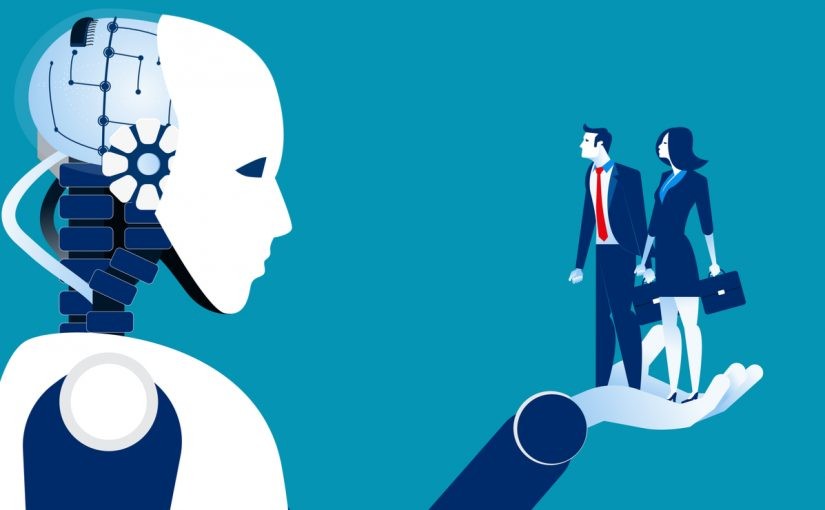Artificial intelligence (AI) is transforming industries, improving lives, and creating opportunities we once thought were impossible. However, this powerful technology has a darker side that threatens your privacy in ways you may not even realize. From data collection to algorithmic surveillance, the rapid adoption of AI raises important questions about how your personal information is being used—and misused. Here’s what you need to know and how you can protect yourself.
The AI Privacy Problem
AI systems thrive on data, and that includes yours. Every online action—a search query, social media post, or purchase—feeds algorithms designed to predict and influence behavior. Companies collect vast amounts of personal information to train AI models, often without users fully understanding how much data is being shared.
While this enables conveniences like personalized recommendations and smart assistants, it also creates risks. Your data can be sold to third parties, used to manipulate your decisions, or exposed in security breaches. In some cases, AI algorithms can even infer sensitive details about you, such as your political views, health conditions, or financial status, based on seemingly innocuous data points.
Facial Recognition and Surveillance
One of the most controversial applications of AI is facial recognition technology. While it has legitimate uses, such as unlocking phones or identifying criminals, it poses serious privacy concerns. Governments and corporations deploy facial recognition systems in public spaces without public consent.
These systems can track your movements, analyze your behavior, and link you to other data sources, creating a detailed life profile. This surveillance can sometimes be misused for targeted harassment, discrimination, or suppressing dissent.
AI Bias and Discrimination
AI algorithms are only as unbiased as the data they’re trained on, and often that data reflects societal prejudices. This can lead to discriminatory outcomes, such as biased hiring practices, unfair credit scoring, or racial profiling. When opaque algorithms make decisions about your life, it’s nearly impossible to challenge or understand their rationale.
Deepfakes and Misinformation
AI-powered tools can create hyper-realistic fake images, videos, and audio clips, known as deepfakes. While these tools can be used creatively, they also have a dark side. Deepfakes can be weaponized for identity theft, harassment, or spreading false information. As they become more challenging to detect, they undermine trust in digital media and pose new challenges for individuals and society.
What You Can Do to Protect Yourself
- Understand the Risks
Educate yourself about how AI collects and uses data. Awareness is the first step in safeguarding your privacy. - Limit Data Sharing
Adjust privacy settings on your devices and accounts. Use tools like virtual private networks (VPNs) and ad blockers to reduce data tracking. - Use Privacy-Focused Tools
Opt for search engines, browsers, and apps prioritizing user privacy, such as DuckDuckGo or Signal. - Advocate for Regulation
Support policies that promote transparency, accountability, and ethical AI practices. Demand stronger data protection laws and oversight. - Be Skeptical of Deepfakes
Verify the authenticity of digital content before sharing it. Rely on reputable sources to counter misinformation.
Final Thoughts
AI offers incredible benefits, but its misuse can risk your privacy and freedom. By understanding the dark side of AI and taking proactive steps to protect yourself, you can enjoy its advantages without compromising your personal information. Remember: your privacy is your power—don’t let it slip away.




